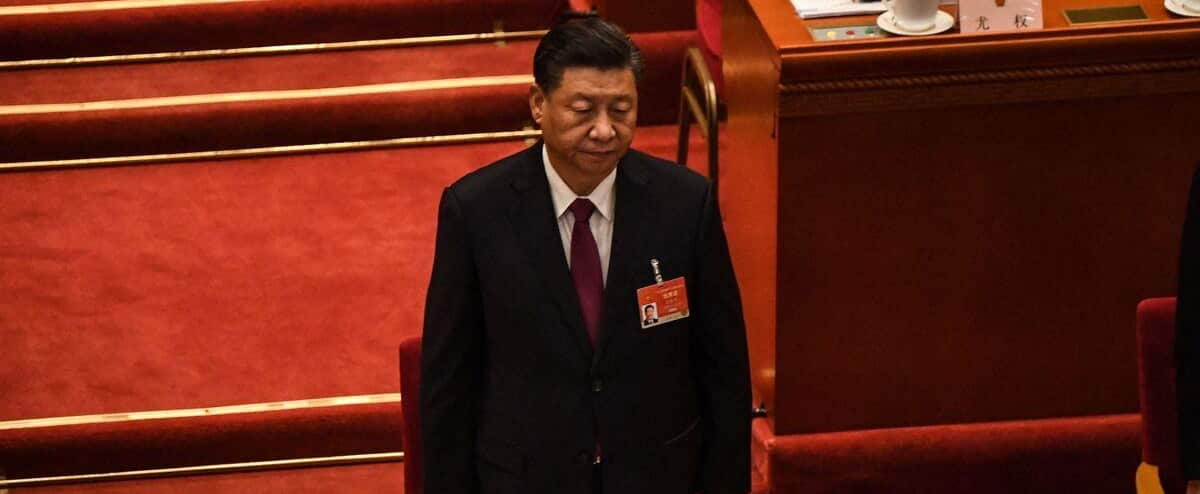Chinese President Xi Jinping told Chancellor Angela Merkel in a phone call on Wednesday that he hoped “Europe will make positive efforts toward China” after the controversy over the treatment of Uyghurs, Chinese state media reported.
Also read: An increasingly troubling empire
Also read: Here we are again in the middle of the Cold War
Also read: China, an Out of Control Giant: A Series of Analyzes to Follow
This call was the first contact of a Chinese head of state with a European leader since the adoption of mutual sanctions last month over allegations of human rights violations in the Xinjiang region, which has greatly deteriorated relations between China and the European Union.
“Relations between China and the European Union are facing a new stage of development, as well as various challenges,” Xi told the state-run New China News Agency, adding that he was asking the European Union to make a “correct judgment independently.” “.
China is concerned about US efforts to strengthen alliances around the world – including with Europe – as President Joe Biden seeks to counter Beijing’s growing influence and defend a weak liberal democracy during the Trump administration.
“It is of the utmost importance that we fully understand the general direction of the development of Sino-European relations (…) from a strategic point of view, respect each other and eliminate interference,” Chancellor Merkel said at the meeting.
The Chinese president added that his country wants to “practice multilateralism” with the European Union and cooperate with Europe on issues such as climate change.
China and the European Union concluded negotiations in December on a major trade deal, which has yet to be ratified by the European Parliament.
However, this deal could be called into question after the European Union imposed sanctions on China, who are accused of committing human rights violations in Xinjiang.
China responded by imposing sanctions on several members of the European Parliament, academics and the German think-tank MERICS.
Then the European Union, the United States, Canada and Britain imposed coordinated sanctions on senior Chinese officials suspected of involvement in the crackdown in Xinjiang, which led to Beijing adopting other sanctions.
Soon after, the Swedish fashion giant H&M was targeted by a boycott of Chinese consumers, after it pledged last year not to use Xinjiang cotton, suspected to have been partially harvested by Uyghurs and who have been subjected to forced labor.

“Extreme twitteraholic. Passionate travel nerd. Hardcore zombie trailblazer. Web fanatic. Evil bacon geek.”

